The minimum staircasing requirement
At present, SO residents can generally only increase the share of the home they own (staircasing) when they can afford an additional 10 per cent of the property’s value. The new changes would reduce that threshold to 1 per cent.
This will make it much more affordable for households to staircase. In doing so, they will reduce the amount they have to pay each month in rent.
The administrative and legal costs of staircasing do not have to be high. SO Resi, for example, already allows residents to buy an additional 1 per cent share in their home every year at a pre-agreed value. By agreeing values up front they can control administrative costs, making staircasing more affordable.
Repair and maintenance costs
Under the current system, SO residents are responsible for the cost of repairing and maintaining their home, regardless of what equity stake they own. These new changes would shift those costs from the resident to the registered provider for a 10-year period.
This will reduce ongoing costs for residents, making SO more affordable for them. But passing those costs onto the housing associations leaves them with less revenue from each SO sale, which in turn means they can provide fewer social rent and affordable rented homes unless there is an increase in grant funding.
Further information
Find out more about how shared ownership can work for you
Contact Lawrence Bowles
Contact Savills Research
.jpg)
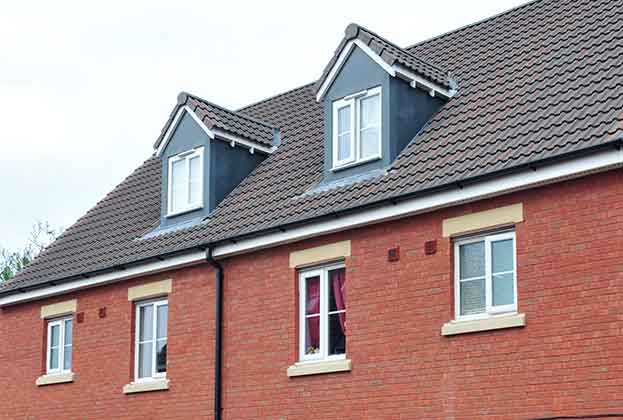
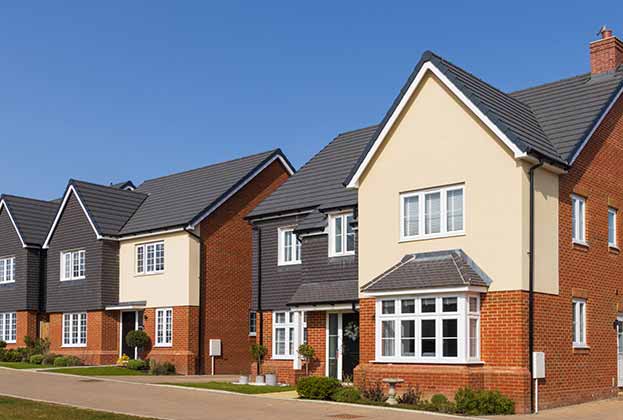
.jpg)
.jpg)
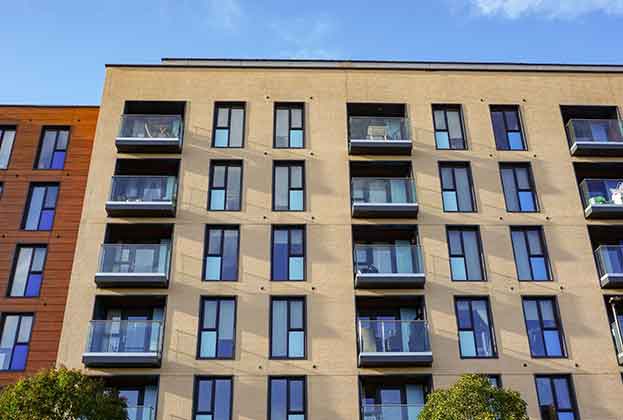
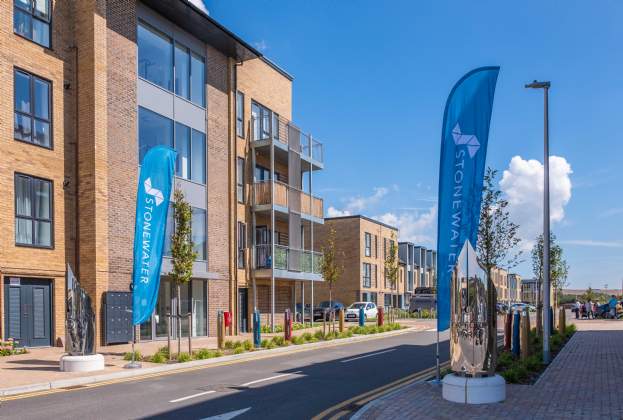

-large---midland-heart.jpg)
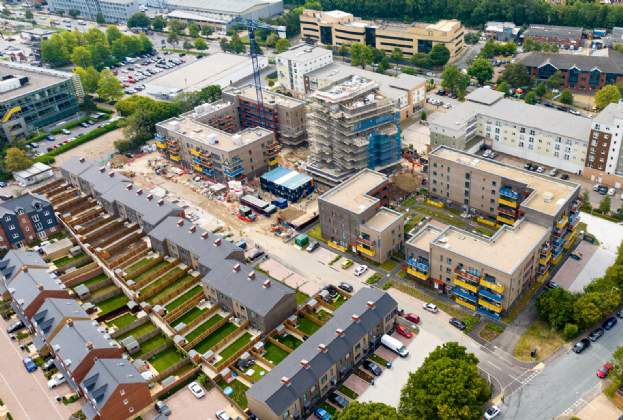
.jpg)